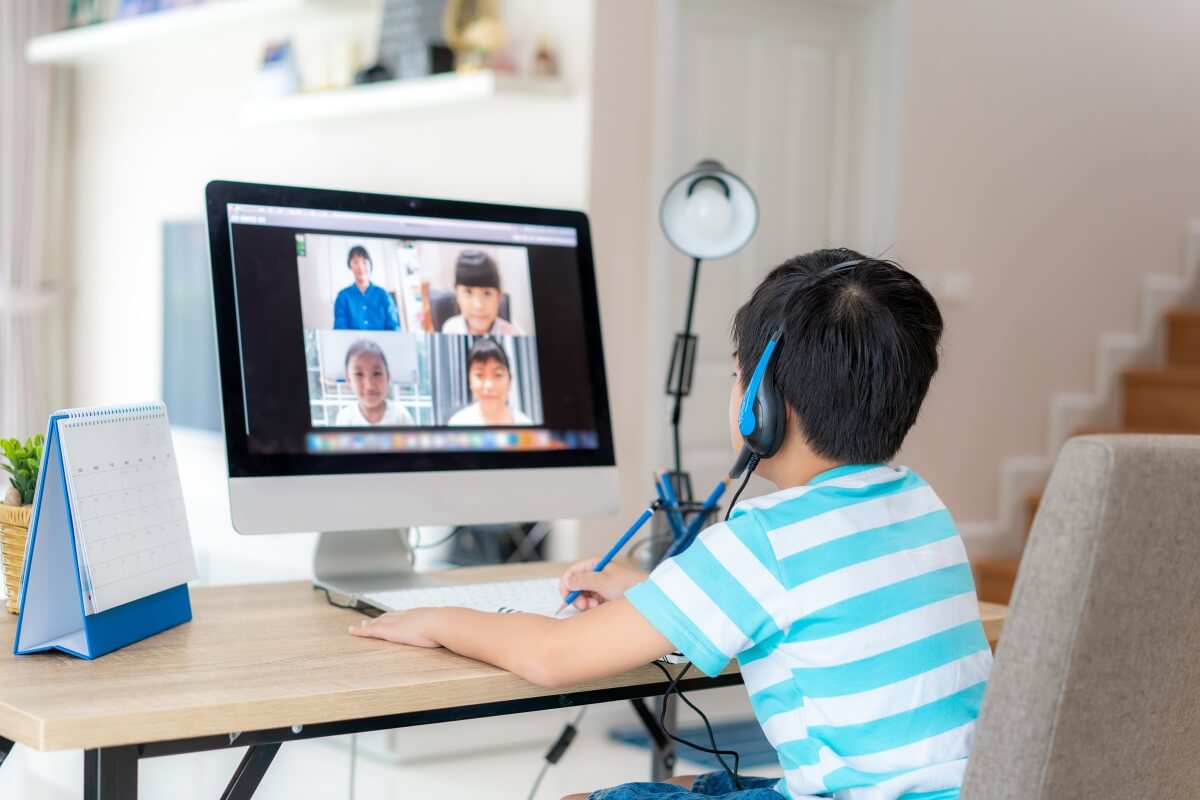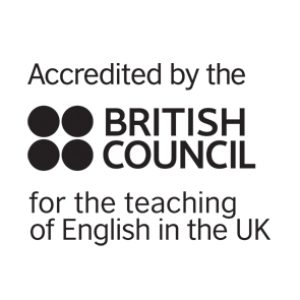
We all know that children are like ‘sponges’ and easily absorb everything they hear with effortlessly. What’s the best age to learn a language though?
According to a study at MIT based on an online quiz of nearly 670,000 people (who were not English native speakers), the best time to learn a new language with native-speaker proficiency is by the age of 10.
Children under 10 can more easily absorb information and excel in the new language. Young people under the age of 18 can still show great skill at mastering the grammar of a new language, but things start to get more challenging beyond this point.
“If you want to have native-like knowledge of English grammar you should start by about 10 years old. We don’t see very much difference between people who start at birth and people who start at 10, but we start seeing a decline after that,” says Joshua Hartshorne, an assistant professor of psychology at Boston College, who conducted this study as a postdoc at MIT.
Apparently, the ability to learn a language declines after 18. Why? There are 3 main reasons;
- Social changes. At 18 students normally graduate from high school and then go to university or start working full time, therefore dedicating less time to language-learning.
- Language mastering. Once they’ve mastered their primary language, learning a second one might interfere with it.
- Brain development. Changes in the brain that continue occurring during the late teens/early 20s could make learning harder.
If you’re under 18 then, what are you waiting for? Start learning NOW!

